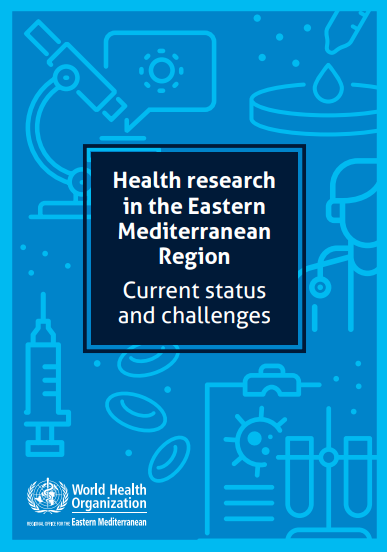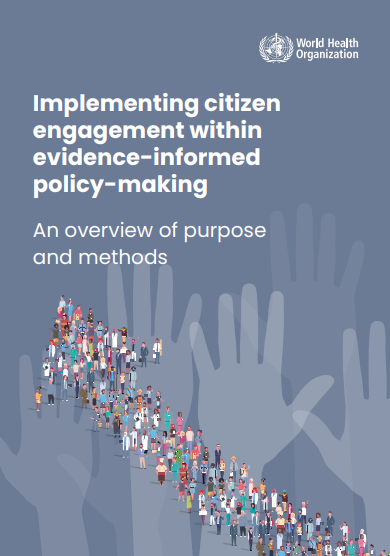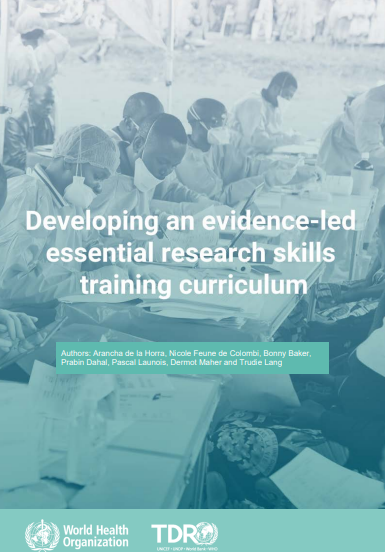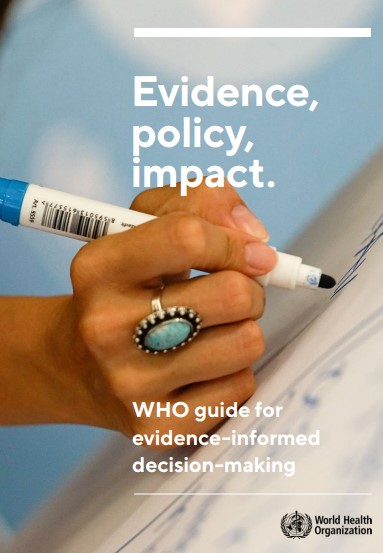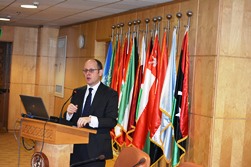 8 May 2016 – In-house training on the rules and regulations of WHO collaborating centres was held by the WHO Regional Office for the Eastern Mediterranean in Cairo from 28 to 29 February 2016. The training was attended by 41 WHO staff from various technical programmes, in addition to country office staff. WHO collaborating centres are institutions, such as research institutes and departments of universities and academies, which are designated by WHO’s Director-General to carry out activities in support of the Organization's programmes. In the Eastern Mediterranean Region, these centres provide support to achieve WHO’s planned strategic objectives (at national and regional levels); enhancing the scientific validity of the centres’ work in health and developing and strengthening institutional capacity in countries.
8 May 2016 – In-house training on the rules and regulations of WHO collaborating centres was held by the WHO Regional Office for the Eastern Mediterranean in Cairo from 28 to 29 February 2016. The training was attended by 41 WHO staff from various technical programmes, in addition to country office staff. WHO collaborating centres are institutions, such as research institutes and departments of universities and academies, which are designated by WHO’s Director-General to carry out activities in support of the Organization's programmes. In the Eastern Mediterranean Region, these centres provide support to achieve WHO’s planned strategic objectives (at national and regional levels); enhancing the scientific validity of the centres’ work in health and developing and strengthening institutional capacity in countries.
The in-house training, inaugurated and supported by Dr Ala Alwan, WHO’s Regional Director, for the Eastern Mediterranean, aimed to enhance WHO staff capacity to identify institutions eligible for designation, develop terms of reference and a joint plan of action based on the WHO workplans, supervise the work of the centres and perform the process of (re)designation based on valid judgment and avoidance of conflicts of interest. The training, facilitated by Mr Matias Tuler, WHO collaborating centre’s programme manager, WHO headquarters, aided by staff of the research programme, focused on relevant subjects, including: eligibility and criteria for designation, functional scope of WHO collaborating centres, duration and expiry of designations, responsibilities of WHO collaborating centres and responsible officers, real or perceived conflicts of interest, and procedures for first-time designation, re-designation, monitoring and annual reporting requirements.
In addition to the plenary training, clinics (one-on-one meetings) were conducted with representatives of different technical units (current/prospective responsible officers/technical counterparts) to answer WHO collaborating centre-specific questions and help overcome the main challenges that may face them during performing different procedures related to (re)designation of these centres.
During the in-house training, Dr Ala Alwan asked for performance assessment of the work of WHO collaborating centres in the Region, with special relevance to WHO’s programme of work for 2012–2015. This exercise is being conducted in coordination with WHO staff responsible for WHO collaborating centres and the results will be shared following a review process.
Related links
Heads of regional WHO collaborating centres convene in Cairo, 29–30 April 2015





